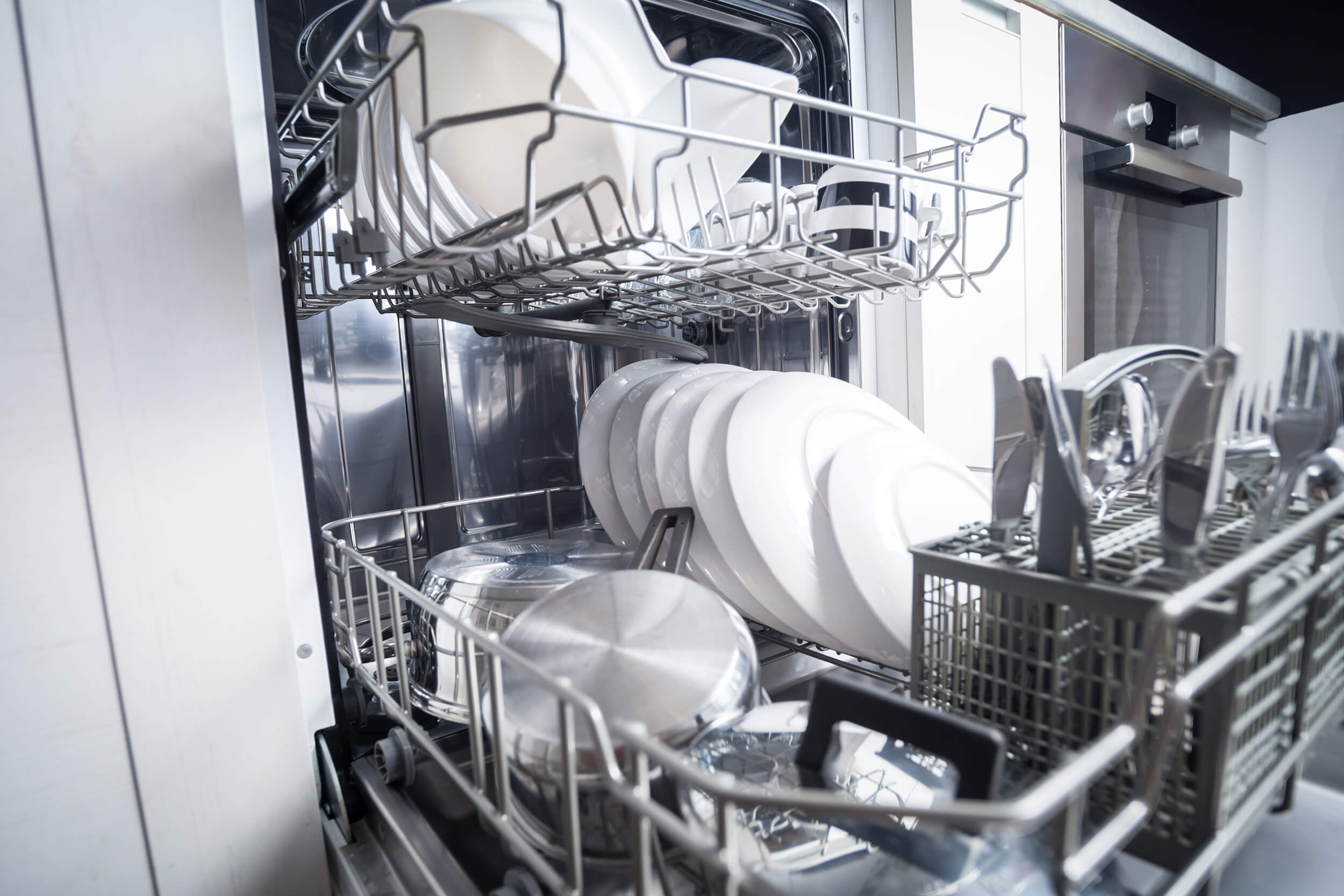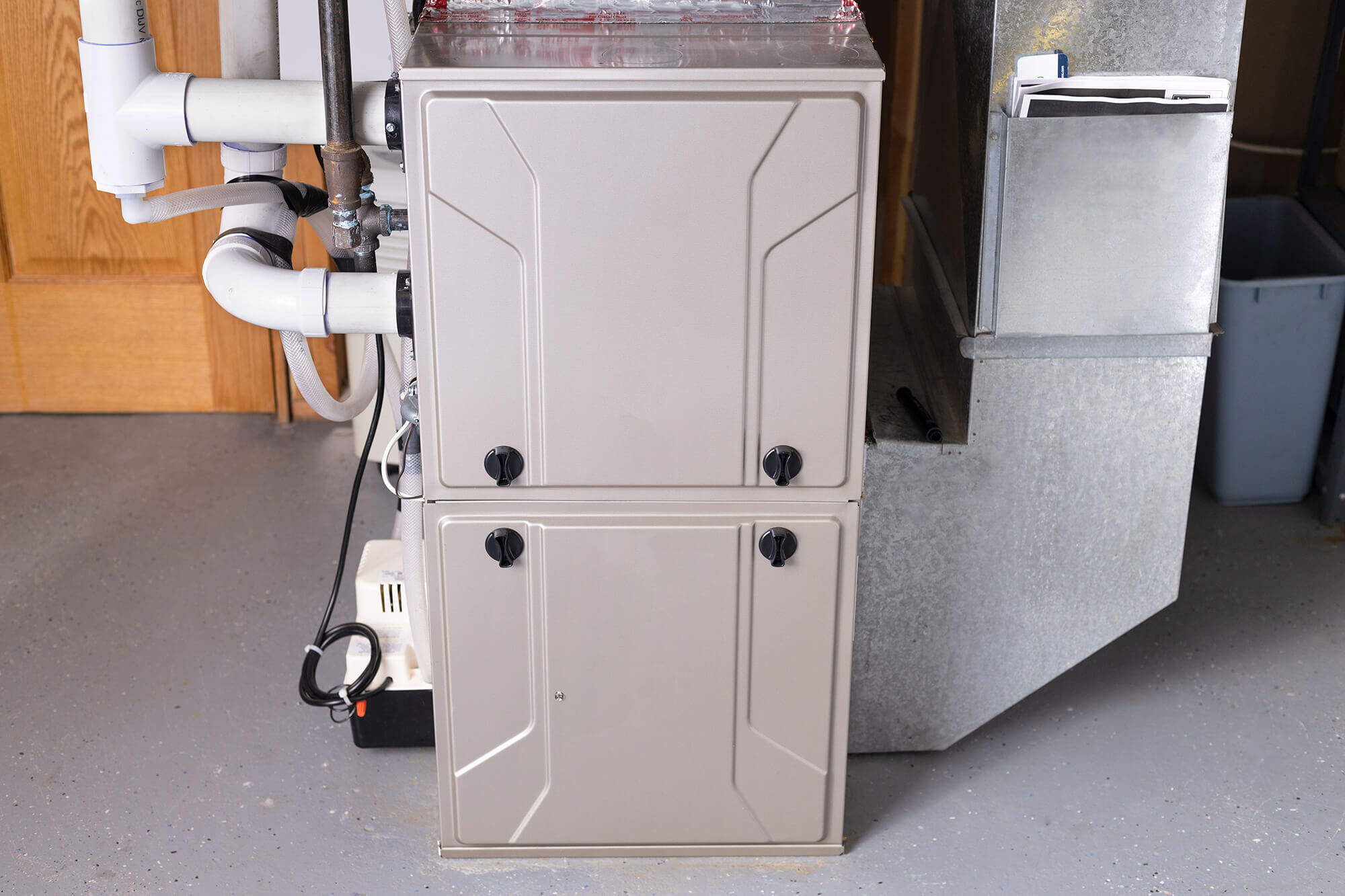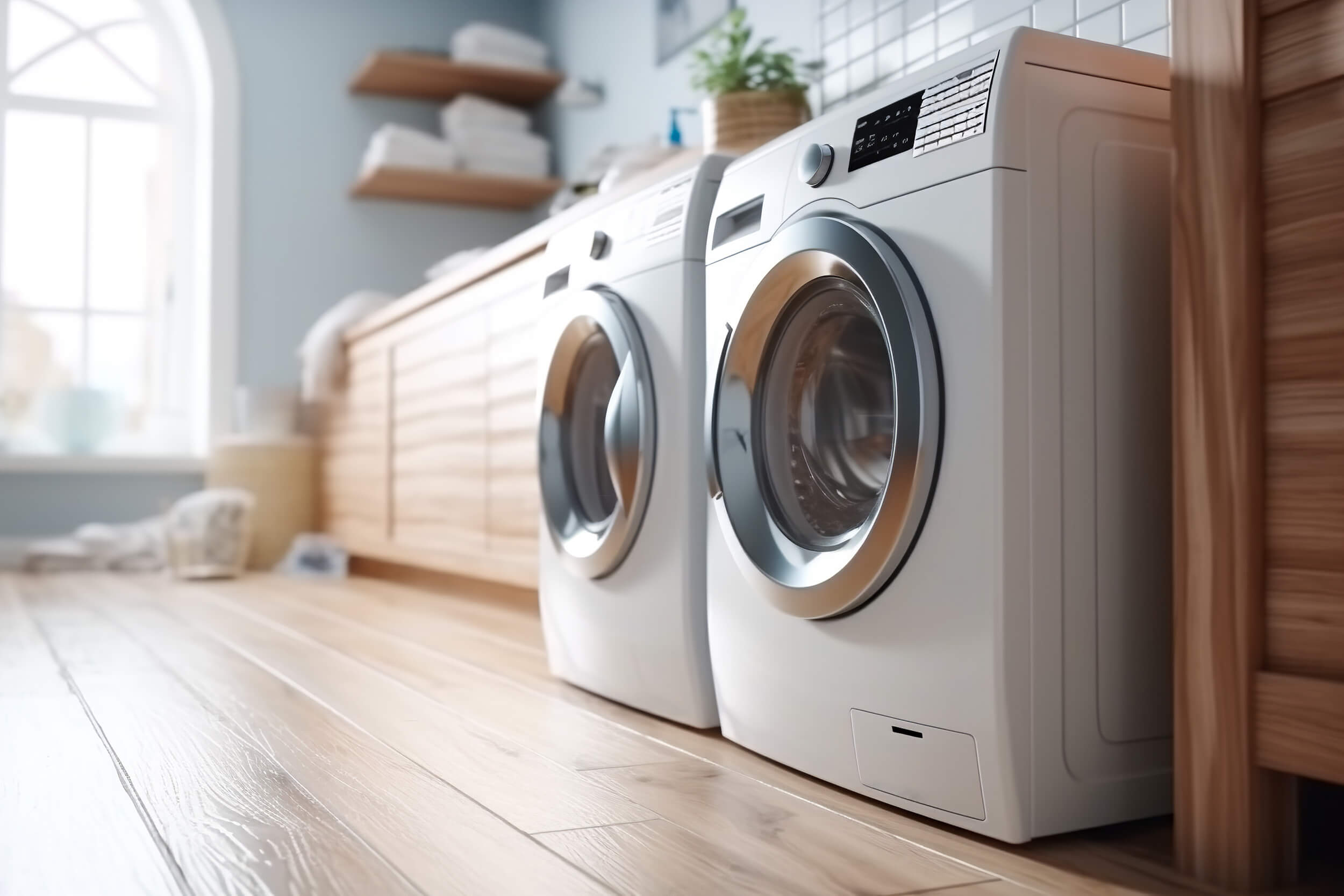FOR IMMEDIATE RELEASE
February 20, 2007
CONTACT:
Ed Legge, EEI, 202-508-5074
Jenny Powers, NRDC, 212-727-4566
Proposal to DOE Accelerates Energy Savings, Other Benefits
Washington, D.C. -- The nation’s investor- and municipally owned electric utilities, in another indication of energy efficiency’s growing value to America’s economy, today joined with environmental and energy efficiency organizations to recommend significantly higher efficiency standards for the estimated 41 million distribution transformers now serving the electricity system.
Once in place following a gradual phase-in, the new transformers are expected to save 26 billion kilowatt hours annually, or roughly equivalent to the electricity used by 2.3 million U.S. households in 2005. That will in turn reduce annual emissions from electric power plants by 15 million metric tons, about equal to the average annual emissions of 2.7 million automobiles.
The proposal for higher efficiency standards marks the first-ever agreement on appliance standards from America’s investor-owned and public-power electric utilities and major energy efficiency and environmental groups. The recommendations were made jointly to the U.S. Department of Energy by the Edison Electric Institute and the American Public Power Association, representing the utilities, and the Natural Resources Defense Council, the American Council for an Energy-Efficient Economy, the Alliance to Save Energy, Northeast Energy Efficiency Partnerships and the Appliance Standards Awareness Project.
The announcement was made during the National Association of Regulatory Utility Commissioners' (NARUC) Annual Winter Committee Meetings. NARUC's membership this week will be considering a resolution supporting the standards.
The agreement comes at a time when the DOE is evaluating the efficiency of liquid-filled transformers, the metal boxes or cylinders found on utility poles across the United States that serve the crucial function of reducing voltage to the levels needed to provide electricity to homes and businesses. In 2006, the DOE proposed new efficiency standards for these transformers, but concerned efficiency and environmental groups believed those standards did not take full advantage of current technology.
The result was an unprecedented collaboration with the utility groups that led to the recommendation to the DOE announced today. The Department is expected to issue its final decision on transformer efficiency by this September.
Representatives of these groups praised the collaborative effort and the strong message it sends about the importance of energy efficiency in all phases of the electricity production and delivery cycle.
“Achieving increased energy efficiency through technological advancement is vital to reducing emissions, and we are pleased to be joining with these influential organizations to take the lead on this issue,” said Thomas R. Kuhn, president of the Edison Electric Institute. “This collaborative effort is a terrific start toward increased efficiency throughout our nation’s economy and an excellent example of what we can accomplish if we work together.”
“We have technology on the market today that will dramatically reduce global warming emissions and enhance energy efficiency across the nation,” said Ashok Gupta, Natural Resources Defense Council’s Air & Energy program director. “EEI and APPA, on behalf of America’s investor-owned and public power utilities, recognize that taking advantage of these innovations is not only good for the environment, but a smart business move, too. Businesses and consumers across the nation are moving towards increased efficiency; now we just need the federal government to follow.”
“We must practice what we preach. As an industry, we encourage our customers to use energy wisely,” said Alan H. Richardson, president and CEO, American Public Power Association. “This partnership effort demonstrates by example that we are serious about energy efficiency in our own operations. Efficient use of energy saves money for our customers and is a critical component in the climate-change equation. More efficient use of electricity in most cases reduces emissions and in all cases postpones the need for new generation.”
“The American Council for an Energy-Efficient Economy is pleased to see the utility industry joining with public interest groups in a major step forward for energy efficiency. Transformers are a key link in the electricity grid, and this improved standard will improve reliability as well as save energy.” said Bill Prindle, Acting Executive Director of ACEEE.
“The Alliance to Save Energy is proud to join the utility industry and other efficiency advocates in urging DOE to adopt stronger energy-efficiency standards for transformers,” said Alliance President Kateri Callahan. “The organizations backing a higher standard recognize the urgency of ensuring that equipment and appliances are as energy-efficient as possible to save energy and money and to avoid unnecessary emissions from power plants. The standards that we are jointly recommending to DOE will accomplish all of these nationally important objectives.”
“NEEP is proud to be part of this agreement,” said Susan E. Coakley, the organization’s executive director. “Our organization is built upon collaboration, and this collaboration on distribution transformers highlights the common ground that is energy efficiency. Whether an advocacy group or a utility, all of the involved parties recognize the value of utilizing available technology to deploy a product that is both high performing and highly efficient. And, in the end, everyone wins because of the significant energy savings that will be realized.”
The recommended standards would be phased in beginning in 2009 with an initial increase in efficiency and continuing with an even higher standard beginning in 2013. On a cumulative basis, the standards will save about 425 billion kilowatt hours and cut carbon dioxide emissions by more than 200 million metric tons over 28 years.
# # #
Edison Electric Institute (EEI) is the association of United States shareholder-owned electric companies, international affiliates, and industry associates worldwide. Our U.S. members serve 97 percent of the ultimate customers in the shareholder owned segment of the industry, and 71 percent of all electric utility ultimate customers in the nation. They generate almost 60 percent of the electricity produced by U.S. electric generators.
The American Public Power Association (APPA) serves the nation’s more than 2,000 not-for-profit, community- and state-owned electric systems. Public power systems serve 44 million people in 49 states, or about 15 percent of all electricity customers. They own about 10 percent of the nation’s generating capacity.
The Natural Resources Defense Council (NRDC) is a national, nonprofit organization of scientists, lawyers and environmental specialists dedicated to protecting public health and the environment. Founded in 1970, NRDC has 1.2 million members and online activists nationwide, served from offices in New York, Washington, Chicago, Los Angeles, San Francisco and Beijing.
The Appliance Standards Awareness Project (ASAP) is dedicated to increasing awareness of and support for energy-saving appliance and equipment efficiency standards. Founded in 1999, ASAP is led by a steering committee that includes representatives from the environmental community, consumer groups, utilities and state government.
The Alliance to Save Energy (ASE) is a coalition of prominent business, government, consumer and environmental leaders who promote the efficient and clean use of energy worldwide to benefit the economy, environment, and national security.
Northeast Energy Efficiency Partnerships, Inc. (NEEP) is a regional nonprofit organization founded in 1996 whose mission is to promote energy efficiency in homes, buildings and industry in the Northeast U.S. through regionally coordinated programs and policies that increase the use of energy efficient products, services and practices, and that help achieve a cleaner environment and a more reliable and affordable energy system. For more information, please visit http://www.neep.org/.
The American Council for an Energy-Efficient Economy (ACEEE) is an independent, nonprofit organization dedicated to advancing energy efficiency as a means of promoting both economic prosperity and environmental protection. For information about ACEEE and its programs, publications, and conferences, contact ACEEE, 1001 Connecticut Avenue, N.W., Suite 801, Washington, D.C. 20036-5525 or visit http://aceee.org/.




